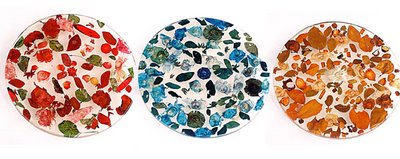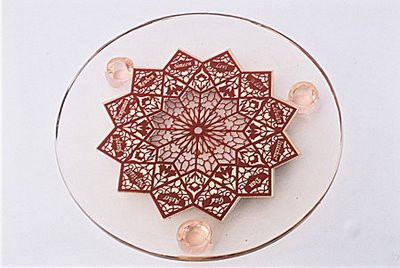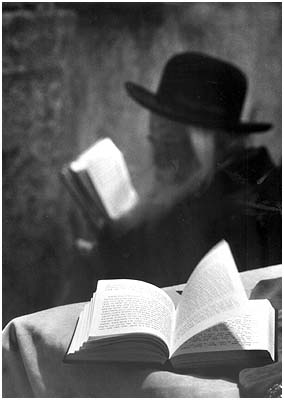
(Picture courtesy of Petrossian.fr)
Let me tell you a story about a simple Jew, an innkeeper, who understood the meaning of ahavas chessed. It was related by the great Rebbe, Reb Simchah Bunim of P’shis’cha, who was an eyewitness.
On a cold, raining night during one of his travels, Reb Bunim stopped in a small town for the night and took a room at the local inn, which was owned by a simple Jew. After the innkeeper serves Reb Bunim his dinner, he stops by the table to talk about what was on his mind.
“Rebbe, I am in trouble,” he says. “I don’t know what to do. Hardly, anyone travels through this town anymore. Business is bad. No, it is terrible. I cannot pay my expense, let alone make a decent living. I am on the verge of going bankrupt and losing everything I’ve accumulated in my whole life. What should I do?”
Before Reb Bunim had a chance to say anything, there is a loud knock at the door, and the innkeeper hurries off to open it. Perhaps it would be a customer. He opens the door and sees a man in shabby, drenched clothing standing on the doorstep and shivering in the cold.
“I need a place to stay,” says the man. “And I need something to eat. Can I sleep here and also get a meal?”
“Of course,” says the innkeeper. “Come right in.”
The man steps across the threshold and turns to the innkeeper. “There is only one catch,” he says. “I have no money. I am asking you to take me in as a favor. Is that all right with you?”
The innkeeper sighs. How miserable his fortune has become. Finally, he gets a live customer, and the man has no money to pay for his keep. At the same time, he wouldn’t dream of turning away a cold and hungry traveler just because he has no money.
“It’s not a problem,” says the innkeeper. “Sit down at one of the tables, and I’ll bring you something to eat.”
In the meantime, Reb Bunim is still sitting at his table and watching the tableau unfold.
The innkeeper serves the man a bowl of soup and then the main course. The man eats as if he hasn’t eaten in three days. Finally, he wipes his mouth and calls to the innkeeper.
“Sir, you are being so kind to me,” he says. “The food was excellent. But I am still shivering from the cold. I need something to warm me up. Could I possibly have a glass of vodka?”
The innkeeper nods. “All right. I’ll give you a glass of vodka.”
He goes to the barrel and pours a glass of vodka. Then he looks at the glass and spills the vodka on the ground. He fills another glass and looks at it, then he spills it on the ground. He does this a third time as well. He spills the vodka on the ground. The fourth time he fills the glass it seems to satisfy him. He does not spill it on the ground. Instead, he brings it to the penniless traveler, places it before him and walks away.
Reb Bunim is watching in amazement as all this transpires. He signals to the innkeeper to come over.
“What were you doing?” he asks. “Why were you spilling the vodka on the ground? Vodka is so expensive. You tell me that you are having money problems and then you spill three glasses of vodka on the ground? I don’t understand.”
“Vodka is indeed, expensive, Rebbe,” says the innkeeper. “When the man asked me for a glass of vodka, I was upset. It is bad enough that I’m taking him in and feeding him for free, but I should give him vodka too? Isn’t that a little too much? But then I thought that the man was shivering and that by giving him a glass of vodka I would be doing a chessed for another Jew, so I agreed. But when I poured the first glass, I did it with anger and resentment in my heart. I said to myself, ‘Is this how you are going to do a chessed for another Jew?’ So I poured it out. The same with the second and the third. By the time I poured the fourth glass, my anger was gone. I considered for a moment and was convinced I had no ill feelings, so I gave him the vodka.”
Here is man, a simple Jew, who was not satified with mere acts of chessed. Surely, giving the poor traveler a glass of vodka was a real chessed for that innkeeper, no matter what his inner feelings were. But he was not satisfied with that, because he loved doing chessed, and he knew that this was not the way a person who loves chessed gives a glass of vodka to a guest who is shivering with cold.


























































